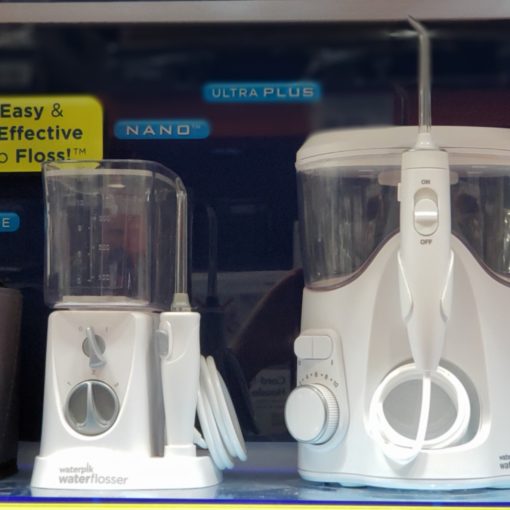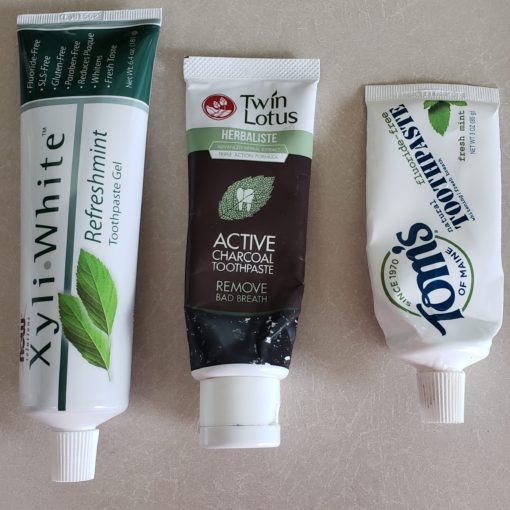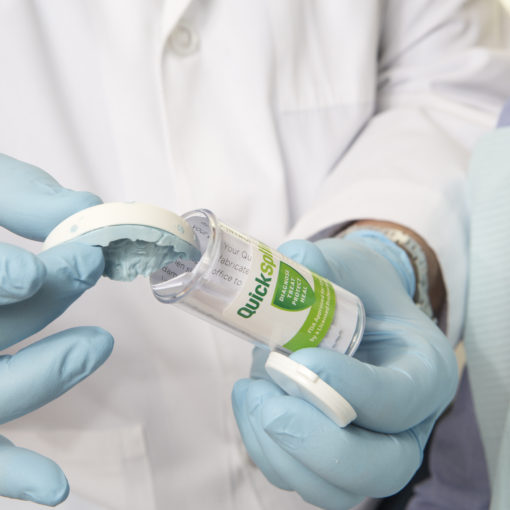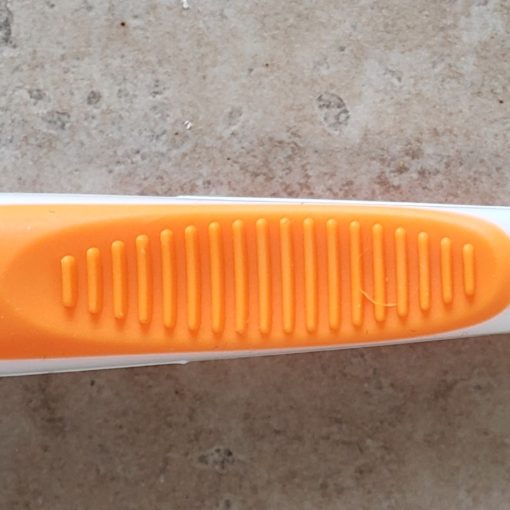TOOTHBRUSHES: THE RUNDOWN
“You brush at night to keep your teeth, you brush in the morning to keep your friends”
Manual
Manual toothbrushes are more technique-sensitive. Using a manual toothbrush relies on your hand pressure, angling the bristles properly and getting to all areas adequately. You have to physically make the toothbrush move with a variety of strokes depending on the area of the mouth. Toothbrushes themselves are excellent it’s the way they are used that can be detrimental. As a kid in the 70’s and 80’s we were given a hard toothbrush and told to scrub—and so we did. A good majority of people about mid-40’s and older have the repercussions of brushing recognized as abfractions.Below are proper and recommended brushing instructions:
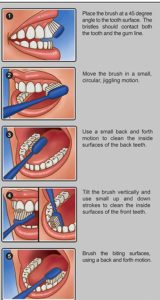
Electric
The benefits of electric toothbrushes are the motor, it vibrates, has a timer and cleans well. As we know anything with a motor can be more efficient than the manual approach—which requires thought and usually emotion. Electric toothbrushes are less technique–sensitive and provide more consistent results because they clean in a more consistent manner. Electric toothbrushes are highly recommended to:
- disrupt the plaque accumulation
- massage the gums
- benefit people who have dexterity issues
- subside aggressive brushing
- brush for the recommended two minutes
The most popular electric toothbrushes on the market are the Braun Oral-B and the Philips Sonicare. Although there are other brands out there, these two seem to have more name recognition. Under these brands, consist a bevy of models. With the competition they’re like cars and cell phones being updated with newer versions coming out every year or two. There are several varieties, from basic to smart with a range of costs from $30 to over $200. The basic brushes do the job well and you will highly benefit from them. The bells and whistles such as apps to track your brushing activity, Bluetooth connectivity, motion sensors, and colorful lights, will do the job just as well. These features make brushing more fun and detailed, but doesn’t necessarily improve brushing quality.
Checkout my other detailed post about toothbrushes below
.

